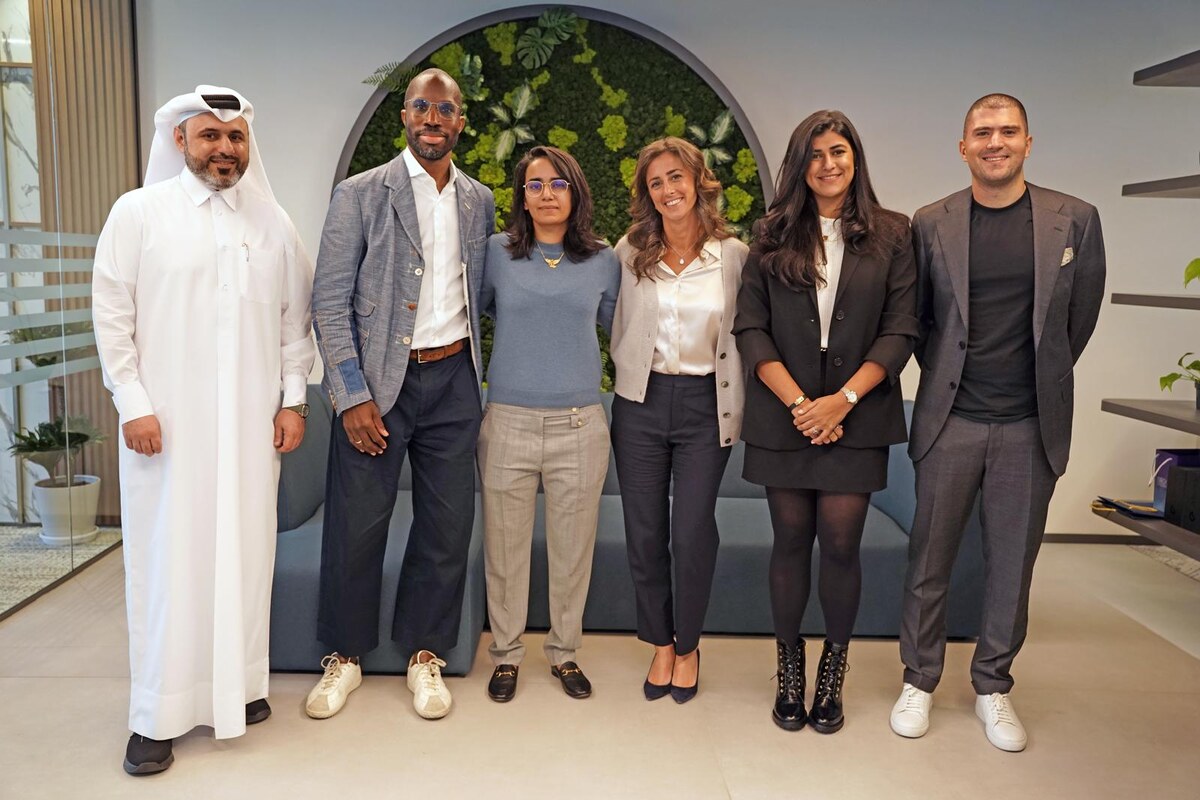RIYADH: Food and beverages transactions helped drive point-of-sale payments in Saudi Arabia to a record SR59.68 billion ($15.91 billion) in March, official data has revealed.
Figures released by the Saudi Central Bank, also known as SAMA, show an 8 percent annual increase in spending across all sectors, with outlays during the holy month of Ramadan likely responsible for driving the uptick, alongside an expanding market with flexible payment options.
Spending on food and beverages in March made up the largest portion, accounting for 17 percent of total payments for the month.
Expenditures on restaurants and cafes, along with miscellaneous goods and services, each represented 12 percent of overall spending.
In February, Redseer Strategy Consultants predicted a heightened eagerness among consumers in Saudi Arabia to explore new attractions and destinations during Ramadan.
Their survey, probing changes in shopping behavior for Ramadan 2024 compared to the previous year, revealed that 62 percent of Saudi respondents planned to increase their spending, surpassing the 48 percent of respondents from the UAE.
The report highlighted that this surge is driven by factors related to platforms and experiences, particularly flexible payment options and the launch of exclusive products of high quality.
The research showed that in the UAE, where the market has matured, consumers are placing a growing emphasis on affordability, prioritizing products with the lowest prices.
Factors such as product variety, fast delivery, and quality no longer serve as significant brand differentiators, as the market has leveled the playing field.
Conversely, in Saudi Arabia, a market experiencing growth, there is a notable focus on platform and experience-related aspects. Flexible payment options and strong customer support are becoming increasingly important, indicating a shift in consumer preferences.
According to data from SAMA, the primary drivers of growth during this period were increased spending on miscellaneous goods and services, which include personal care supplies and cleaning products.
This category represented the second-highest share of March spending at 12 percent, having grown by 28 percent to reach SR7.06 billion. This growth accounted for 36 percent of the overall annual increase in POS spending.
The second-highest contributor to the rise is clothing and footwear, with an increase that contributed 26 percent to the overall growth, reaching SR5.8 billion in March. This was followed by food and beverages, contributing 13 percent, with spending reaching around SR10 billion, marking a 6 percent increase from the same month last year.
Research from Redseer indicated a strong inclination among Saudi respondents towards purchasing groceries, fashion, and beauty or personal care products during the month of Ramadan.
According to the survey, 93 percent of respondents were open to buying groceries, 84 percent to buying fashion, and 72 percent to buying beauty and personal care products.
This period is often associated with heightened social engagements, hospitality, and generosity, leading to increased consumer spending on food, gifts, and charitable donations. Additionally, businesses often offer special promotions and discounts during Ramadan, further stimulating consumer spending.
In Saudi Arabia, there has been a notable shift towards online payments and digitalization, driven by the country’s commitment to providing cutting-edge technologies for its tech-savvy population.
With the rise of e-commerce accessibility and the increasing convenience of online shopping platforms, consumers are opting for digital transactions more than ever before. This trend is not only reshaping the retail landscape but also significantly impacting consumer behavior.
The ease of comparing prices and product options online has empowered consumers, fostering increased competition among retailers and ultimately driving down expenses.
As a result, the adoption of digital payment methods continues to grow rapidly, reflecting a fundamental shift in how transactions are conducted in Saudi Arabia’s dynamic and rapidly evolving marketplace.
One challenge that arises with this growth is the proliferation of fraudulent sites and platforms attempting to deceive interested users. During Ramadan and Eid Fitr, the increase in retail and online transactions provides more opportunities for cybercriminals.
These fraudulent entities have targeted major Saudi platforms by creating fake websites designed to intercept two-factor authentication or one-time passcode codes.
According to Cyber Security News, this sophisticated phishing tactic aims to bypass security measures and gain unauthorized access to victims’ accounts.
Consumers are therefore strongly advised to avoid sharing personal and payment information on questionable sites or with individuals posing as bank or government employees.
Reporting suspicious resources to local law enforcement and designated contacts within these organizations is crucial in helping to mitigate potential fraud risks.

























